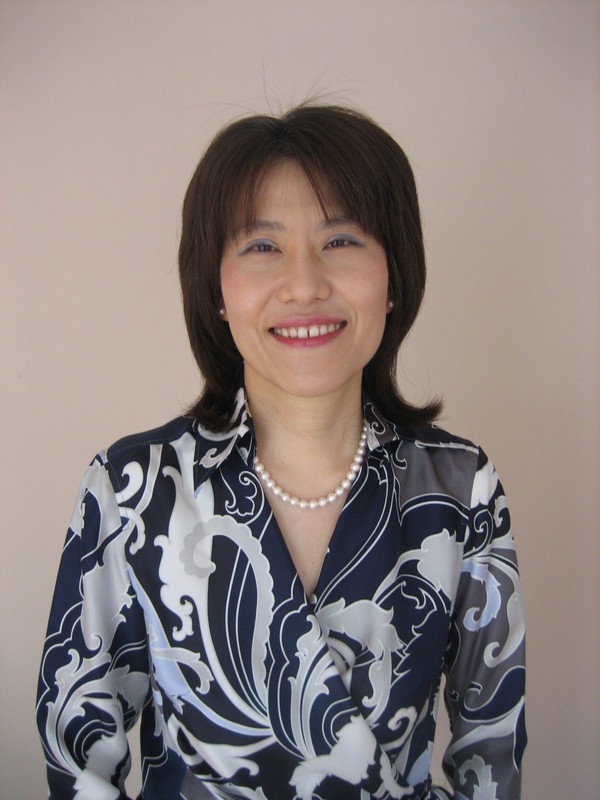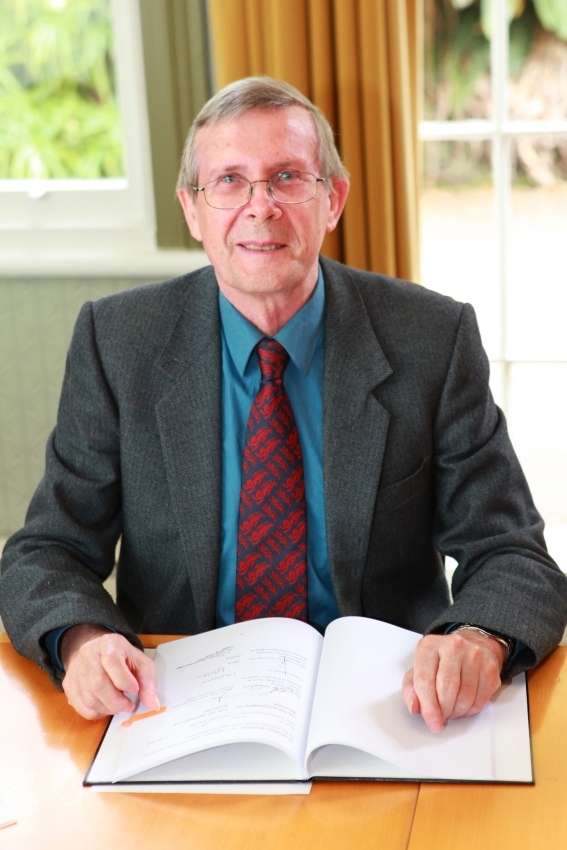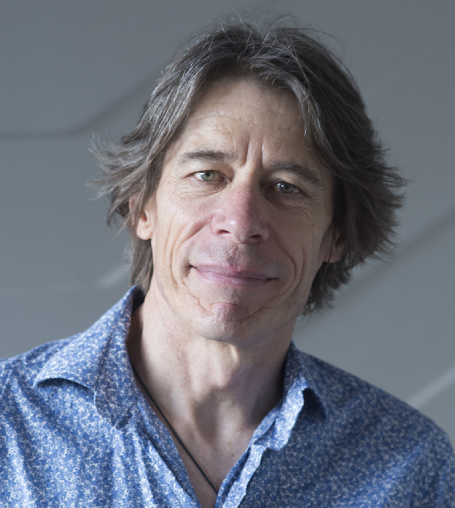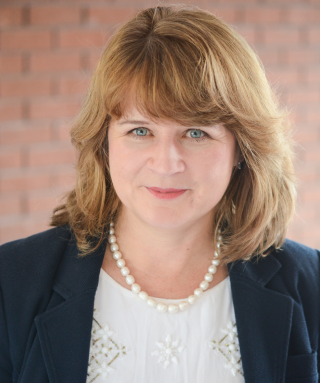
Making use of assessment to assist children’s language learning


Teaching is full of challenges. While teachers of young language learners are fully aware of the importance of assessment, how best to make use of assessment to assist their students’ learning remains a question for many of them. This workshop focuses on classroom-based assessment. After reviewing some of the key notions in assessment, including assessment for learning, formative and summative purposes of assessment, and validity and reliability, the participants will discuss the pros and cons of various classroom-based assessments for young learners while reviewing a few sample cases. The participants then will discuss how best to implement classroom assessment and utilize the assessment results in order to assist their students’ language learning.

Consciousness-raising tasks for grammar teaching


What is ‘implicit knowledge’ of a language? What is ‘explicit knowledge’? Why is it important to develop both types of knowledge when learning English? This workshop will provide answers to these questions and then describe an interesting way of teaching and learning explicit knowledge through consciousness-raising tasks. Students will have the opportunity to perform a number of such tasks in order to discover how English grammar works for themselves. The talk will also consider the advantages and limitations of such tasks.

Fostering creativity in the language learning experience of young learners


Creativity is currently a hot topic in education worldwide, situated as it is at the core of models of 21st Century learning and skills. Creativity is no less at the forefront of English language teaching, with a flurry of recent publications and a recent conference in Malta devoted to the topic. It’s no exaggeration to suggest that only when we provide opportunities for creativity will learners and learning flourish.
But while educational research has revealed the crucial role that creativity plays in learning, it has also highlighted fundamental ways in which education systems, schools and classrooms too often squeeze creativity from learning. Structural pressure to conform, and regimented assessment systems are just two of the key factors contributing to this tension between conformity and creativity.
In this workshop we will explore contemporary conceptions of creativity in education, focusing on practical classroom applications to be found in the intersection between creativity and the many small acts that constitute teaching, including planning lessons, designing and running learning activities, correcting errors, talking with learners, integrating the language arts, fostering translanguaging, and assessing learning. My hope is that as teachers deepen their understanding of creativity, they are better equipped to notice and embrace the hidden-but-always-present opportunities for creativity in the minute-by-minute processes of teaching and learning.

Listening to children’s voices: Can teachers hear them?


In order to help teachers cope with common challenges in their everyday work, I would argue that we need to listen to children’s voices and perspectives and incorporate what we learn from them into our everyday practice. Giving children a voice and some agency is also compatible with more inclusive, participatory and ethical ways of working. A wide range of ideas from giving children some/limited agency to inviting them to become research partners will be considered. A range of hands-on examples and techniques will be introduced to illustrate the opportunities every teacher can try out. Some challenges and ethical dilemmas will also be addressed alongside questions from the audience.



